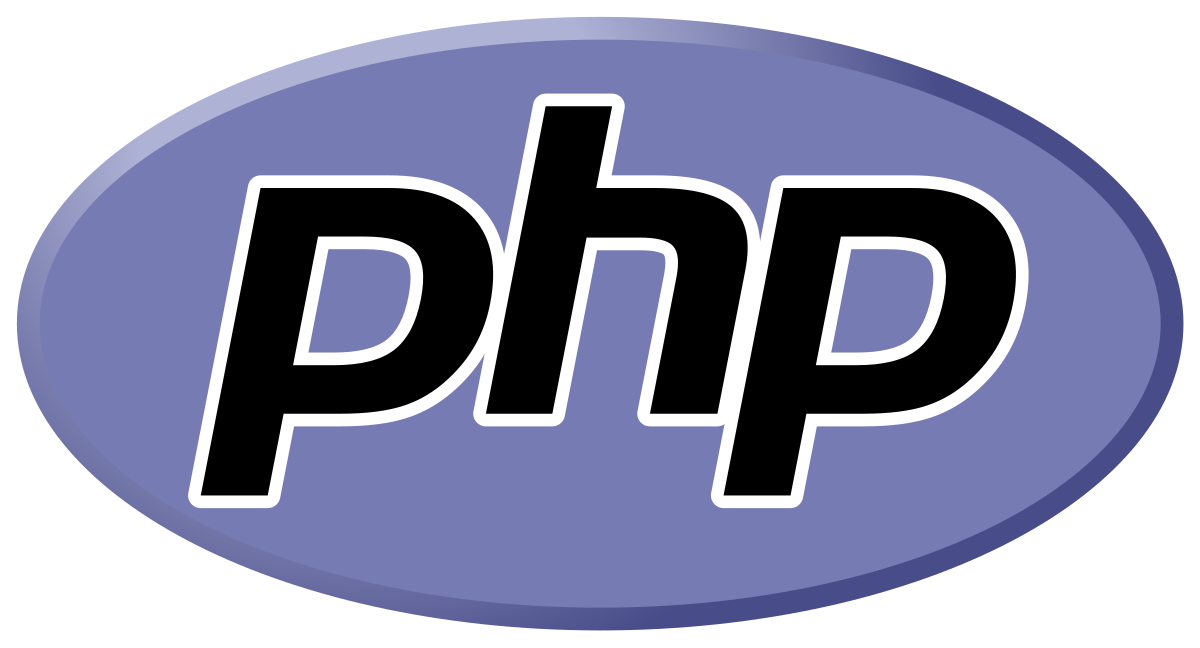
PHP (Hypertext Preprocessor) is a widely-used server-side scripting language designed for web development. It was created by Rasmus Lerdorf in 1994 and has since become one of the most popular programming languages used for building dynamic web applications.
In this article, we will provide an overview of PHP and delve into its key features and role in web development.
1. Easy to Learn and Use: PHP has a simple and intuitive syntax, making it accessible for beginners. It is similar to C and Java, so developers familiar with those languages can quickly adapt to PHP.
2. Cross-Platform Compatibility: PHP is a cross-platform language, which means it can run on various operating systems like Windows, macOS, Linux, and different web servers such as Apache and Nginx.
3. Open Source: PHP is an open-source language, which means it is freely available for developers to use and modify. The open-source community has contributed to the vast collection of libraries, frameworks, and tools available for PHP, making development more efficient.
4. Database Support: PHP has excellent database support, allowing developers to connect to various databases, including MySQL, Oracle, PostgreSQL, and more. This enables the creation of dynamic web applications that interact with databases to store and retrieve data.
5. Web Frameworks and CMS: PHP has a wide range of frameworks and Content Management Systems (CMS) like Laravel, Symfony, CodeIgniter, WordPress, and Drupal. These frameworks provide structured code, reusable components, and built-in features that speed up development and make maintaining complex applications easier.
PHP plays a vital role in web development, offering several advantages to developers and businesses:
1. Server-Side Scripting: PHP is primarily used for server-side scripting, meaning PHP code is executed on the server before being sent to the client's browser. This enables developers to generate dynamic web content, interact with databases, and handle form submissions, among many other tasks.
2. Building Dynamic Websites: PHP is excellent for building dynamic websites that deliver personalized content to users. With PHP, you can create user login systems, e-commerce platforms, content management systems, forums, and more.
3. Integration with Web Technologies: PHP seamlessly integrates with other web technologies such as HTML, CSS, and JavaScript. It can be embedded directly within HTML code, making it easy to mix server-side and client-side logic.
4. Fast Development: PHP's simplicity and extensive libraries enable developers to build web applications rapidly. It has built-in functions for many common tasks, saving development time and effort.
5. Scalability and Flexibility: PHP is highly scalable and allows for flexibility in web development. It provides options for modular and reusable code, facilitating the maintenance and expansion of applications as business requirements evolve.
PHP has emerged as a robust and versatile language for web development. Its simplicity, cross-platform compatibility, and extensive community support have contributed to its widespread popularity.
Whether you are a beginner or an experienced developer, learning PHP can open up a world of opportunities in web development. With its role in server-side scripting, building dynamic websites, and seamless integration with other technologies, PHP continues to be a valuable tool in the development of modern web applications.
noob to master © copyleft